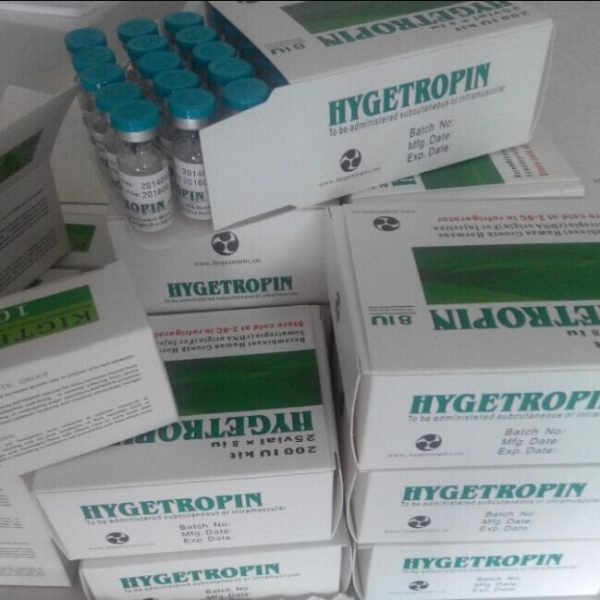In the quest for cognitive enhancement, individuals have turned to various substances, including Hygetropin HGH (Human Growth Hormone). But amidst claims of its efficacy, a question looms large: Is Hygetropin HGH truly a boon for cognitive enhancement, or is it merely a mirage? Let’s delve into the science behind this controversial topic.
Understanding Hygetropin HGH
Hygetropin HGH is a synthetic form of human growth hormone (HGH) produced through recombinant DNA technology. Originally developed to treat growth hormone deficiency, its purported cognitive benefits have garnered attention from those seeking to sharpen mental acuity.
The Promise of Cognitive Enhancement
Advocates of Hygetropin HGH for cognitive enhancement tout its ability to stimulate neurogenesis, hygetropin side effects memory, and enhance overall cognitive function. They argue that increasing HGH levels can promote brain health and slow cognitive decline associated with aging.
Scientific Scrutiny
While some studies suggest a potential link between HGH and cognitive function, the evidence remains inconclusive. Research conducted on the effects of HGH on cognitive enhancement often yields conflicting results, with many studies exhibiting methodological limitations.
The Age Factor
One of the key debates surrounding the use of Hygetropin HGH for cognitive enhancement is its effectiveness across different age groups. While some studies suggest that HGH supplementation may benefit older adults by mitigating age-related cognitive decline, others argue that its effects may be negligible or even detrimental, particularly in younger individuals.
Risks and Side Effects
Like any pharmacological intervention, Hygetropin HGH is not without risks. Potential side effects include fluid retention, joint pain, carpal tunnel syndrome, and insulin resistance. Furthermore, the long-term consequences of HGH supplementation, particularly in the context of cognitive enhancement, remain poorly understood.
Ethical Considerations
The pursuit of cognitive enhancement through pharmaceutical means raises important ethical questions. Should individuals be allowed to use substances like Hygetropin HGH to gain a cognitive edge? Is cognitive enhancement through pharmacological means a form of cheating, or is it simply an extension of humanity’s age-old quest for self-improvement?
Regulatory Landscape
The legality of Hygetropin HGH varies by country, with some jurisdictions tightly regulating its use and distribution. In the United States, for example, HGH is classified as a controlled substance, available only by prescription for approved medical conditions.
Alternative Approaches to Cognitive Enhancement
In light of the uncertainties surrounding Hygetropin HGH, many individuals are exploring alternative avenues for cognitive enhancement. These may include lifestyle interventions such as regular exercise, healthy diet, adequate sleep, cognitive training exercises, and mindfulness practices.
The Placebo Effect
It’s essential to acknowledge the placebo effect in discussions about cognitive enhancement. The belief that a substance like Hygetropin HGH can enhance cognitive function may, in itself, lead to perceived improvements in cognitive performance, regardless of the substance’s actual efficacy.
Conclusion: Navigating the Gray Area
In the realm of cognitive enhancement, Hygetropin HGH occupies a contentious and largely uncharted territory. While some individuals swear by its cognitive benefits, scientific evidence supporting its efficacy remains elusive. As we navigate this gray area, it’s crucial to approach cognitive enhancement with a critical eye, weighing potential benefits against risks and considering alternative strategies for optimizing cognitive function. In the end, the quest for cognitive enhancement is not merely about enhancing performance but also about understanding the complex interplay between biology, environment, and human potential.
